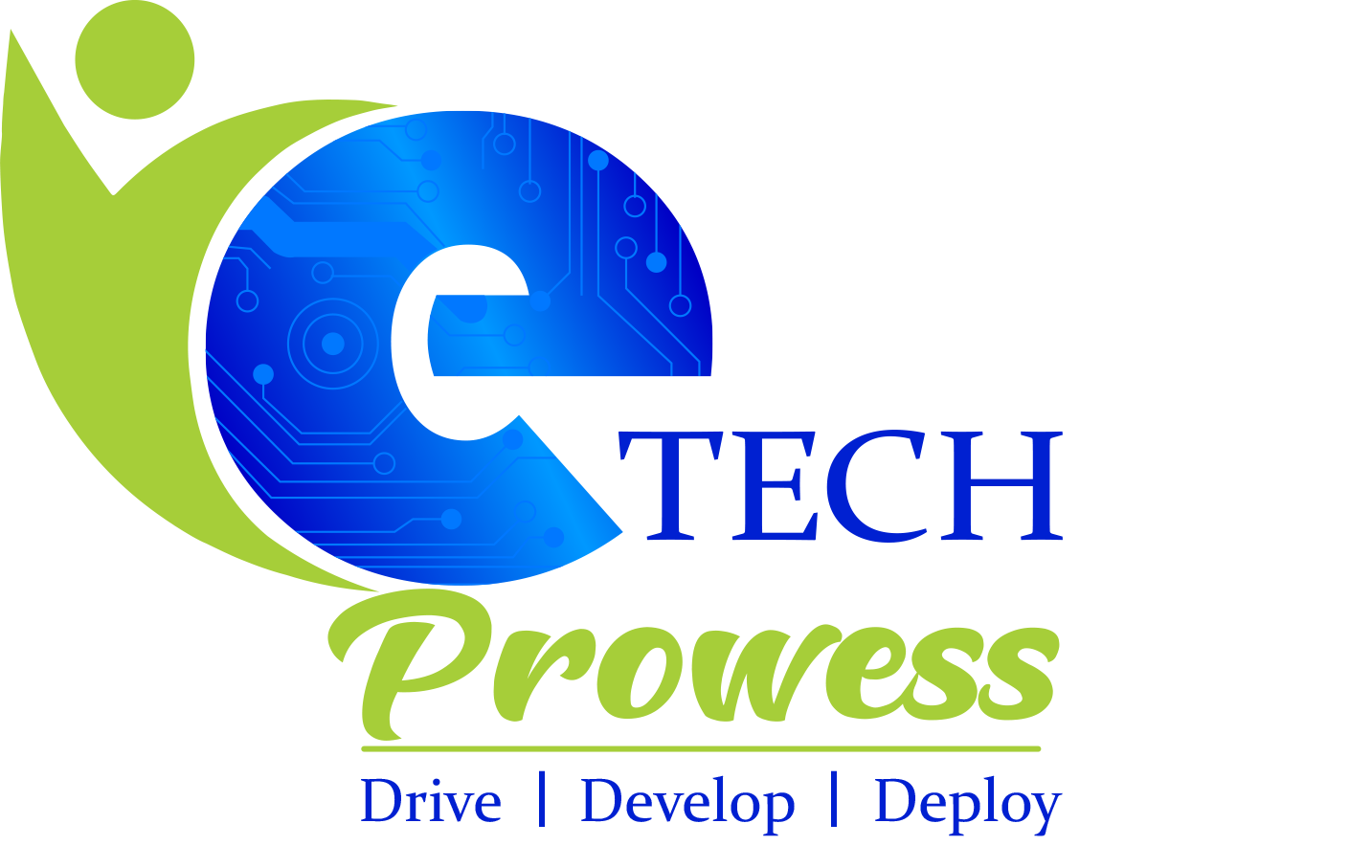 eTech Prowess
eTech Prowess
If you continue browsing this website, you agree to our policies:
x
Section outline
-
NodeJS is an open source framework which has been developed for developers to understand and build web applications with the help of JavaScript. NodeJS uses an event-driven, non-blocking IO model and server-side JavaScript environment. NodeJS is mainly focused on several important concepts in it like file system working, streams, buffers and building HTTP server with NodeJS.
-
Anyone perusing or completed bachelor's and seeking upgrading skill set or seeking job . Prior coding knowledge is preferred but not mandatory
-
Introduction to Node.js
- RAM vs. I/O latency
- Blocking vs. Non-Blocking
- Event-driven Programming
- Event Loop
- Blocking The Event Loop
- Node.js Philosophy
Node.js Platform Setup
- Download and Install
- Node REPL
- First Hello World
Modules and npm
- Anatomy of a module
- Private code
- Accessing and using modules
- npm commands
- package.json
The Callback Pattern
- What are callbacks
- Callback-last
- Error-first
Events
- When to use Event Emitters
- Binding Functions to Events
- Event Requests and Listening
Error Handling
- Callbacks: Error-first
- Errors in Event Emitters
- Uncaught Exceptions
- Using Domains
Buffers
- Why Buffers exist
- Creating Buffers
- Reading and Writing Buffers
- Manipulating Buffers
Streams
- What are streams
- Read and Write Stream API
- Flow Control
- Piping
- Duplex Stream
- Transform Stream
Express.js
- Intro and Installing Express.js
- Building a Hello Express application
- Creating routes
- Rendering Layouts
- Using templates
- Adding partials
- Using locals and conditional templates
- Modularizing routes
Socket.io
- Listening for
- Broadcasting
- Answering questions
Connecting to Databases
- No SQL and Document Stores
- Relational DBs
- Configuration and platform setup
- CRUD Operations
-
The course is scheduled to commence on 1st December 2023